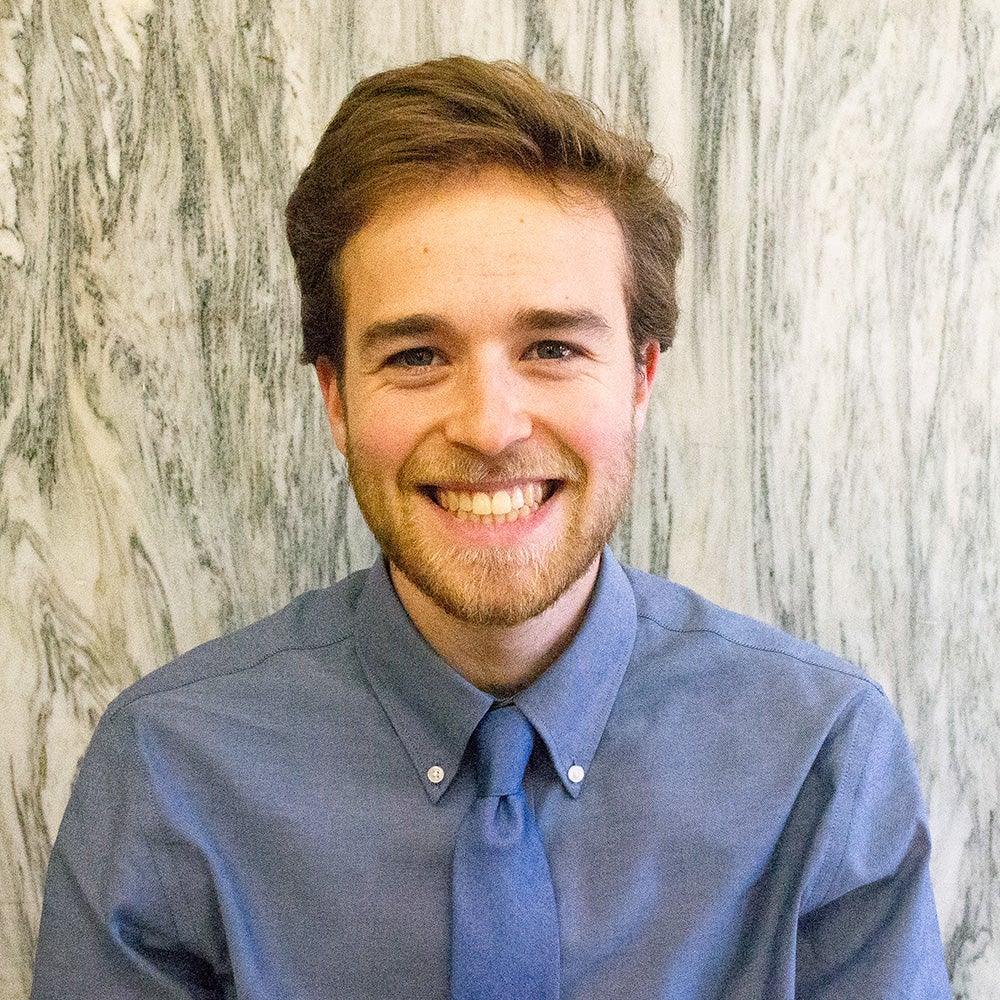Global Health Institute Student Fellow Delves Into Health Disparities

Patrick Roney, an M.S. in Biostatistics student, recognizes his opportunity to make an impact on health outcomes as one of Georgetown’s Spring 2024 Global Health Institute student fellows.
The student fellowship program matches scholars with faculty to conduct health research. Alongside Biostatistics faculty Anca Dragomir and George Luta, Patrick is using the WHO Health Equity Assessment Toolkit to investigate health inequalities.
BGE asked Patrick about his academic career and fellowship experience.
BGE: Tell us about your academic interests. What brought you to study here at Georgetown?
Patrick Roney: I chose Georgetown’s Biostatistics master’s program because I am interested in learning more about how quantitative methods improve human health outcomes. As an undergraduate at the University of Virginia, I did research on weather’s effects on human health and realized I wanted to learn more advanced statistical techniques. Georgetown’s program offers great opportunities in the classroom to understand the theory behind the methods as well as applied projects to put course topics into practice.
Long-term, I’d like to explore projects that improve human health in different ways, whether through population-level research like health inequality impacts on health outcomes, or on a theoretical level such as how to design more efficient studies to validate new medical treatment options.
BGE: What does it mean to you to be a Global Health Institute student fellow? What are you doing as a fellow?
PR: I grew up nearby and had never been to the Hilltop until I became a Hoya, even though my great-uncle is in the Georgetown University Athletics Hall of Fame. Now, I’m grateful to make my own impact as a 2024 Georgetown University Global Health Institute Student Fellow because of the impact I can make with this research. We are analyzing how a variety of inequalities, such as place of residence or economic status, relate to disparities in reproductive, maternal, and children’s health.
BGE: How do you expect the fellowship will affect your path in the health sciences?
PR: I expect the fellowship to give me an opportunity to have a practical project and gain soft skills in communicating my research and interacting with a research team. I plan on carrying the connections and information I learn about health inequality to my future path as I seek to improve health outcomes for all people.
